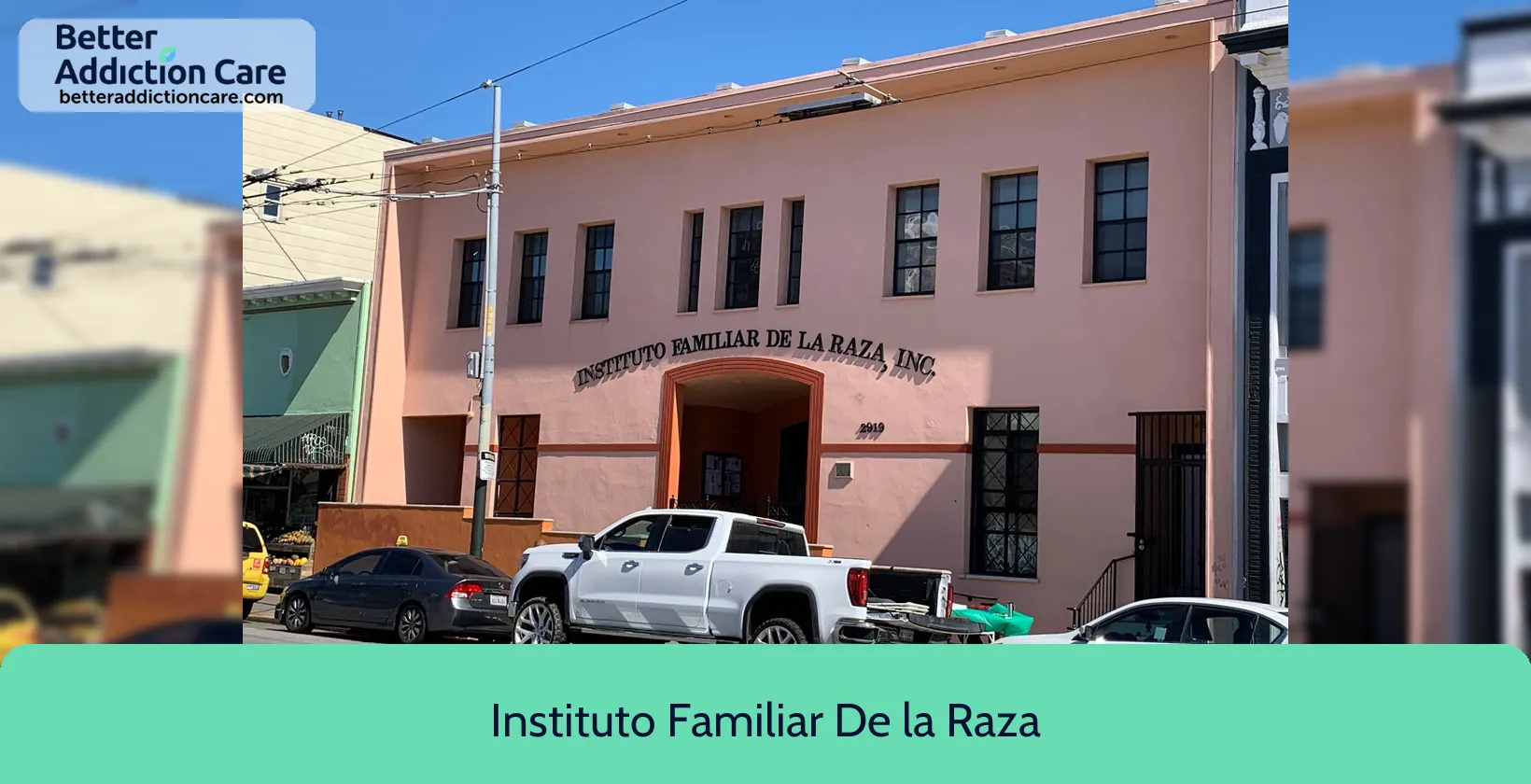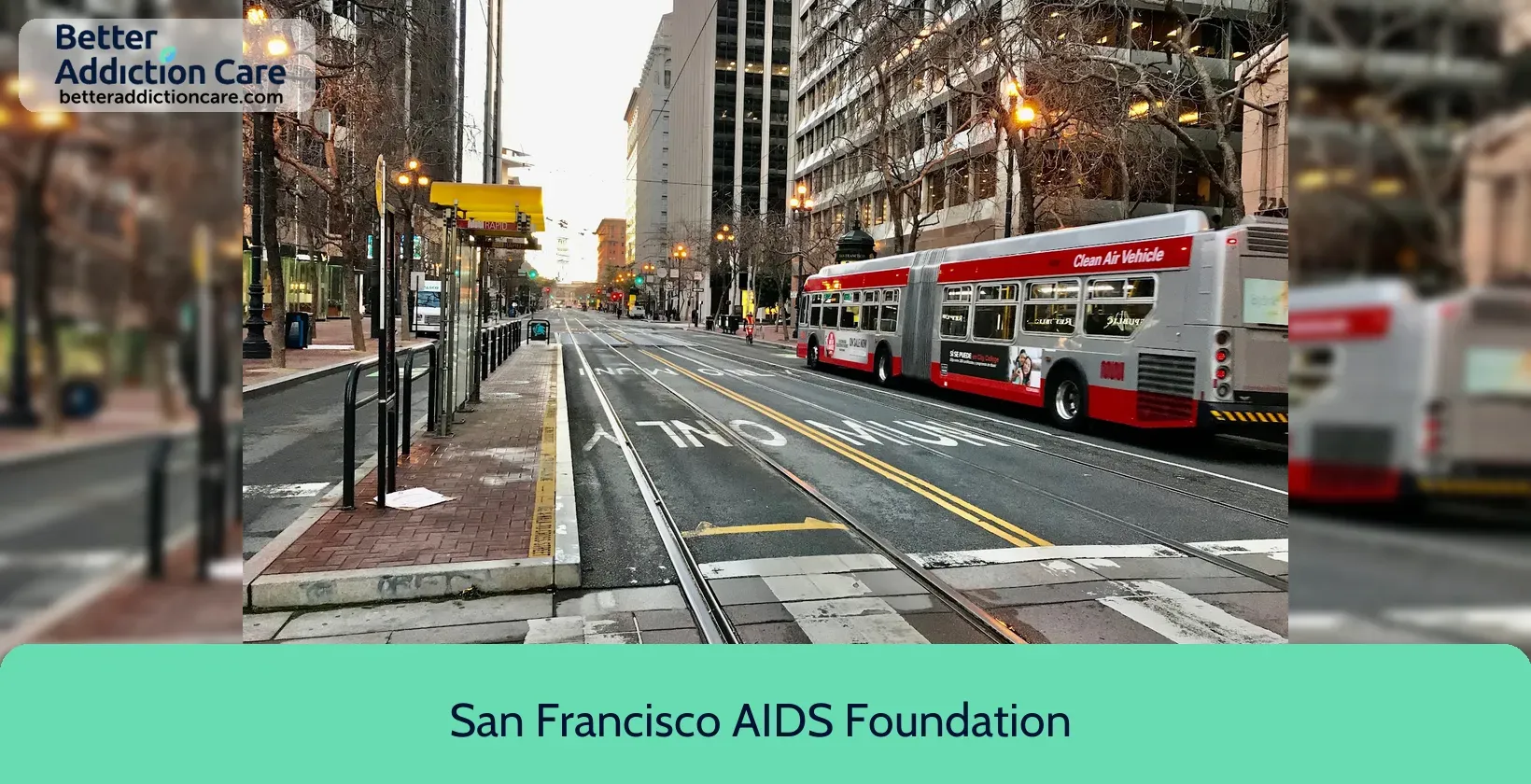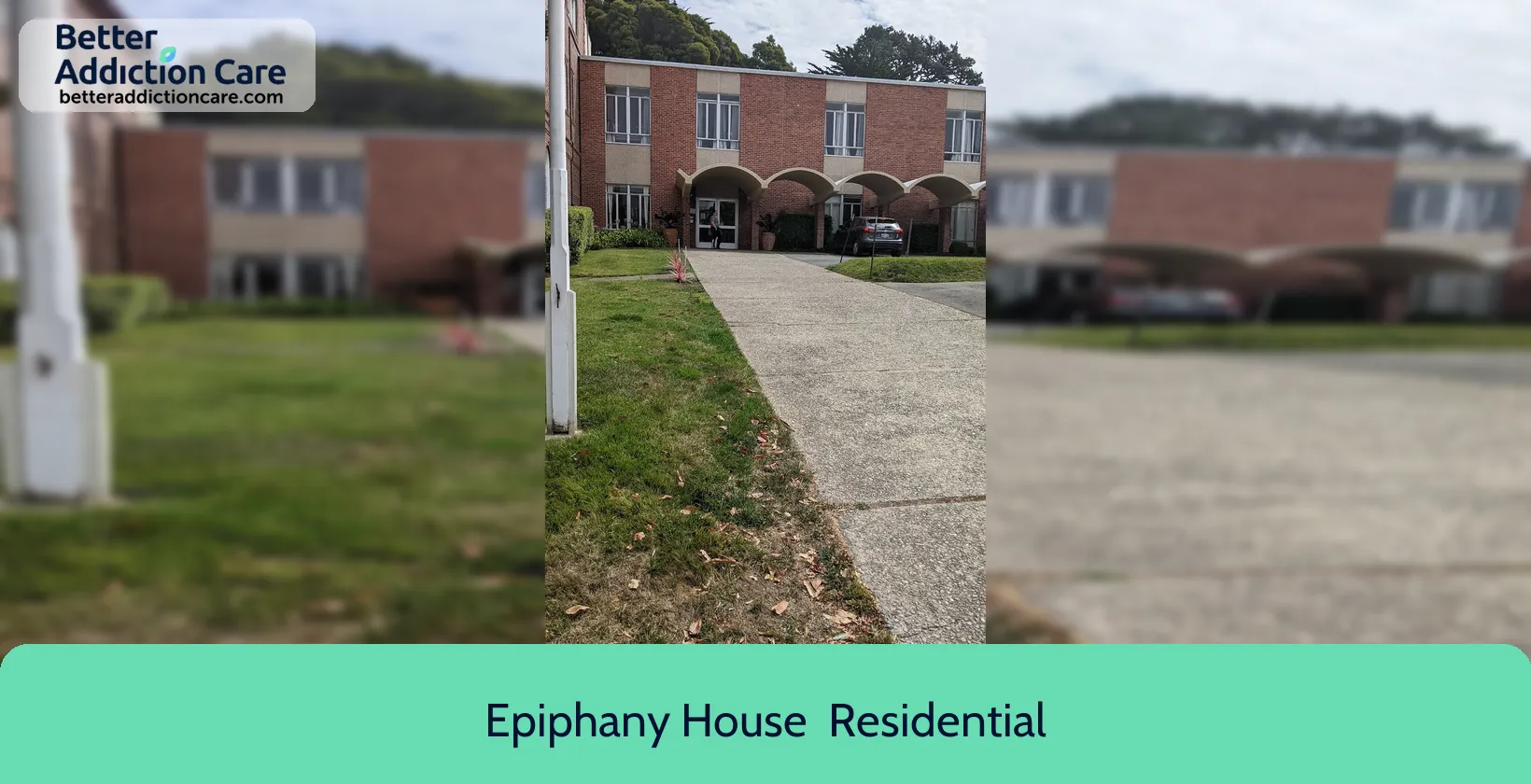Saint Francis Memorial Hospital - Behavioral Health Services
Overview
For those going through emotional or psychological crises, UCSF Health Saint Francis Hospital in San Francisco, California, offers specialized inpatient psychiatric care. The institution offers individualized care in a safe and supportive setting, with a focus on stabilizing patients in acute distress. The hospital provides comprehensive care without focusing on gender or religious customs, and it is open to anybody in need of mental health services.
The hospital's main offering is a 24-bed confined inpatient program for patients in need of extensive mental health care. Emergency rooms, doctor referrals, and involuntary commitment, where required, are all options for making admissions. Cognitive behavioral therapy, activity therapy, and assertive community care are some of the treatment options at UCSF Health Saint Francis Hospital. A caring group of psychologists, counselors, therapists, and psychiatrists provide individualized therapy plans to fit the specific requirements of every patient. The Joint Commission-accredited facility maintains high levels of safety and care, with a focus on stabilizing patients and promoting their long-term welfare following discharge.
Saint Francis Memorial Hospital - Behavioral Health Services at a Glance
Payment Options
- County or local government funds
- Community Mental Health Block Grants
- Community Service Block Grants
- Medicaid
- Other State funds
Assessments
- Comprehensive mental health assessment
- Comprehensive substance use assessment
Age Groups
- Adults
- Young adults
Ancillary Services
- Case management service
Highlights About Saint Francis Memorial Hospital - Behavioral Health Services
6.94/10
With an overall rating of 6.94/10, this facility has following balanced range of services. Alcohol Rehabilitation: 8.00/10, Drug Rehab and Detox: 6.00/10, Insurance and Payments: 6.53/10, Treatment Options: 7.21/10.-
Alcohol Rehabilitation 8.00
-
Treatment Options 7.21
-
Insurance and Payments 6.53
-
Drug Rehab and Detox 6.00
Accreditations
The Joint Commission:

The Joint Commission accreditation for addiction and behavioral health signifies that a facility has met rigorous standards in patient care, treatment, and safety. This recognition assures patients and professionals of the facility's commitment to providing high-quality, evidence-based care in the fields of addiction and behavioral health, fostering trust and confidence in their services.
State mental health department:
State mental health department accreditation refers to the process of evaluating and certifying the quality and standards of a state's mental health department, ensuring that it provides high-quality services and meets specific criteria for mental health care. The accreditation process is performed by a third-party organization and helps to improve the overall care and treatment of individuals with mental health conditions.
State department of health:

Government agencies issue State Licenses, granting rehabilitation organizations permission to operate their businesses legally within specific geographic regions. The licenses needed for legal operation are typically determined by the type of rehabilitation program offered by a facility and its physical location.
Treatment At Saint Francis Memorial Hospital - Behavioral Health Services
Treatment Conditions
- Mental health treatment
- Substance use treatment
- Co-occurring Disorders
Care Levels
- Hospital inpatient treatment
Treatment Modalities
- Family counseling
- Individual psychotherapy
- Cognitive Behavioral Therapy
- Dialectical Behavior Therapy
- Eating Disorder Treatment
Ancillary Services
Languages
- Sign language services for the deaf and hard of hearing
- Spanish
- English
Special Programs
- Clients with HIV or AIDS
- Active duty military
- Persons with eating disorders
- Clients who have experienced trauma
Get Help Now
Common Questions About Saint Francis Memorial Hospital - Behavioral Health Services
Contact Information
Other Facilities in San Francisco

6.62

6.96

6.82

6.68

6.50

6.71

6.50

6.74
DISCLAIMER: The facility name, logo and brand are the property and registered trademarks of Felton Institute - Franklin Street, and are being used for identification and informational purposes only. Use of these names, logos and brands shall not imply endorsement. BetterAddictionCare.com is not affiliated with or sponsored by Felton Institute - Franklin Street.

